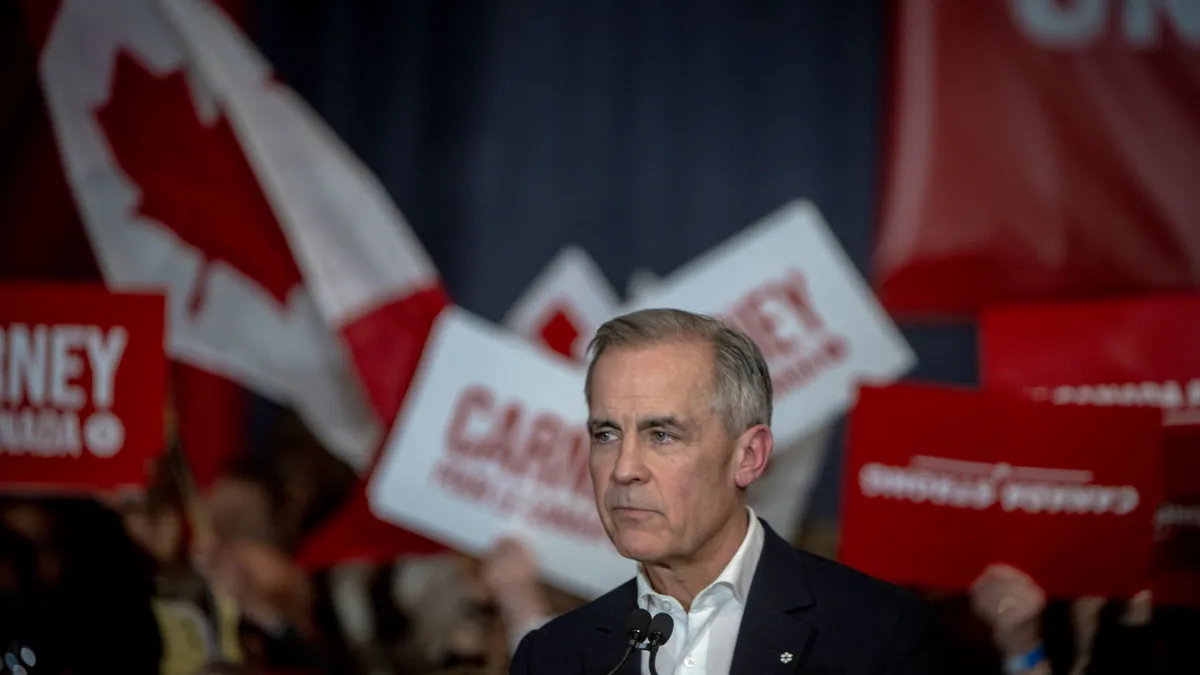The push to suspend the Federal Excise Tax (FET) on Class 8 trucks has garnered support from 55 Democratic members of the U.S. House of Representatives, a significant sign of momentum as Congress weighs a new coronavirus relief bill.
In a letter to House Speaker Nancy Pelosi and other Democratic leaders, Rep. Chris Pappas, a Democrat from New Hampshire, said he and his fellow members of Congress support suspending the 12% sales tax on new heavy-duty trucks and trailers until the end of 2021.
"[Tax suspension is] the best and fastest way to help save or restore trucking-related jobs and jump-start the economic recovery ..."

Chris Pappas
New Hampshire representative
Pappas said truck sales will likely be half of what they were in 2019, and a suspension of the tax would be "the best and fastest way to help save or restore trucking-related jobs and jump-start the economic recovery of this vital sector." The tax suspension "could help fleets purchase new trucks and trailers, support U.S. truck and trailer manufacturing, supplier, and dealership jobs, and advance our goals of improving highway safety and reducing emissions."
It's unclear when Congress will pass its fourth round of coronavirus-related relief, but Senate Republicans will soon unveil their counterpart to a House bill passed in May. The Congress has to act soon, or unemployment benefits will run out later this week. Some Republicans oppose the FET too. In April 2019, Rep. Doug LaMalfa, R-Calif., said the tax was overdue for full repeal.
The letter is a sign the lobbying effort by the American Trucking Associations (ATA) and the American Truck Dealers (ATD) is having effect. In May, the groups said they had joined with 115 other business organizations to push Congress for wider, industry-specific aid in the next coronavirus relief bill.
The FET is a hated tax within some trucking industry circles. It adds 12% to new sales, which is about $22,000 per tractor-trailer. The tax was devised in 1917 to help pay for World War I, and it stood at 3% then.
The industry says it's time for relief to stimulate buying, as the COVID-19 pandemic idled OEMs and dropped freight volumes, resulting in a steep drop in truck sales. Class 8 sales totaled 158,000 for the 12 months ending June 30, according to FTR. That compares to 490,100 orders in 2018, during the freight boom year, and 179,000 for 2019. But it was the second quarter, during the first months of the pandemic, that was particularly bad. On July 16, Volvo Group reported its North American deliveries fell 79% in Q2 2020.
Proponents of the suspension say new truck buying could decrease carbon emissions, because newer models tend to be more fuel efficient.
"We would oppose any waiver or relief that would result in the imposition of new or higher taxes on small business truckers, who are least likely to benefit from any FET changes."

Norita Taylor
Owner-Operator Independent Drivers Association
But the FET helps fund the Highway Trust Fund, which means even a temporary suspension will put a dent into federal infrastructure funding. The ATD says the FET is the least consistent part of the trust fund's revenues.
"We do not oppose a repeal or suspension [of FET] but suggest that lawmakers come up with an offset for the lost revenue," said Norita Taylor, director of public relations for the Owner-Operator Independent Drivers Association. "We would oppose any waiver or relief that would result in the imposition of new or higher taxes on small business truckers, who are least likely to benefit from any FET changes."
The ATA supports an increase in the fuel tax, which stands now at 18.4 cents per gallon, unchanged since 1993.
But making up for lost FET revenues with a higher fuel tax is wishful thinking, Baruch Feigenbaum, senior managing director of transportation policy for the Reason Foundation, told Transport Dive.
"Politically, it's not going to happen," said Feigenbaum. "I'm not even sure you can raise the gas tax by 5 cents."
The FET suspension would be temporary, and the goal is to stimulate truck sales. Analysts like Feigenbaum are not sure how big the benefits would be.
"I'm just not seeing the big advantages here," said Feigenbaum, explaining the suspension might cause a sales rush, but once the tax was reinstated, the market could be depressed for a year or more.
Feigenbaum said the suspension would be another "whack" at the troubled and shrinking Highway Trust Fund.
Don Ake, VP of commercial vehicles for FTR, told Transport Dive in an email that the stimulative part of the FET suspension is plausible, but perhaps not as big as the trade groups want.
"Any reduction in real price will stimulate some demand," Ake said. "The effects here could be somewhat muted in the short-term. OEMs and dealers are already offering price and financing incentives to stimulate sales, so no FET helps reduce the risk of purchasing trucks, but doesn't eliminate it."
Ake said risks will still be elevated in the second half of 2020 due to the pandemic, economic uncertainty and the election.
"Right now this risk is restricting large fleets from purchasing more trucks and small-and-medium fleets are not placing many orders," Ake said. "No FET doesn't change that substantially. The risks are still too great. However, no FET combined with a fading pandemic and a renewed, growing economy, could boost sales up to 10% higher than baseline."




















